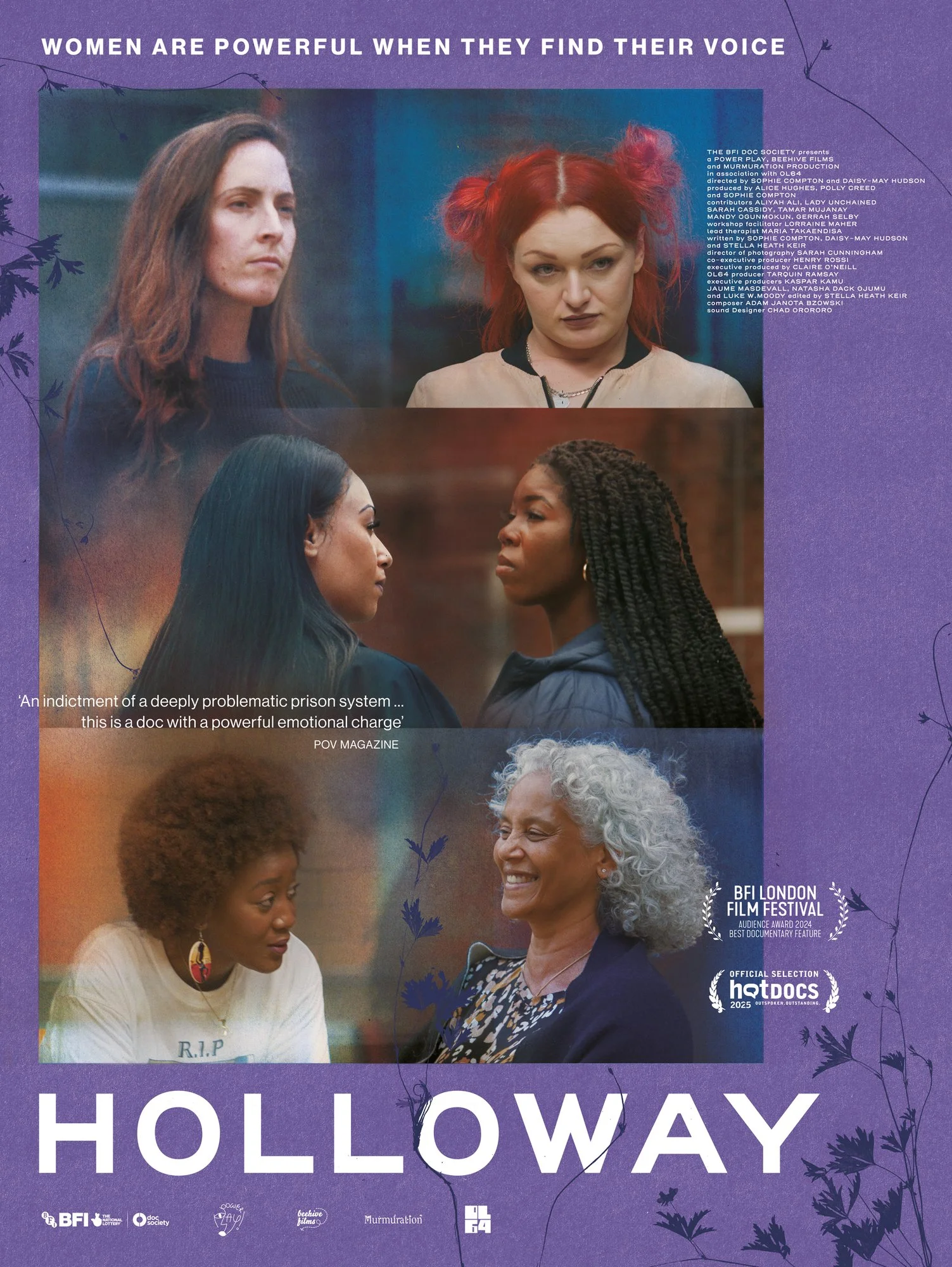Voice of Business: Fostering Inclusion: A Business Roadmap to Economic Reconciliation
/This week in Voice of Business, we’re highlighting the Ontario Chamber of Commerce’s new two-part report on Advancing Economic Reconciliation Through Equity, Economic Inclusion, and Growth.
Part 1, “Establishing Equity in Education & Employment for Indigenous Peoples” focuses on how the business community can help create real opportunities for Indigenous Peoples. Part 2, “Finance & Capital” looks at how the financial sector can help guide reconciliation through inclusive programming design and Indigenous perspectives. Indigenous populations are growing at twice the rate of non-Indigenous Canadians, and studies show they are nine times more likely to start a business. This presents an opportunity to support a community that has long faced systemic barriers.
The reports offer practical guidance for businesses, educational institutions, and financial organizations on how to advance economic reconciliation. They emphasize the importance of creating opportunities for Indigenous Peoples through inclusive education, employment, and access to capital. Both reports share resources for employers and institutions that can help to foster inclusive employment through various Indigenous organizations such as the Ontario Federation of Indigenous Friendships Centres. Attending Indigenous community events can also help to build and develop relationships with potential Indigenous job seekers, here are some notable organizations with events: CCIB Conference & Events, First Nations Major Projects Coalition, Indigenomics, Ontario First Nations Economic Development Conference, and Indigenous Prosperity Forum. Leveraging these organizations can help your business or institution support your Indigenous employees.
A key focus is ensuring that programs and services reflect the realities facing Indigenous workers, entrepreneurs, and business owners. This includes rethinking job requirements, fostering inclusive workplaces, and reshaping financial programs to improve access to capital. These lived realities are evident— for example, as of 2015, 15 per cent of Indigenous individuals were unbanked, compared to just 2% of the general population. Educational gaps also remain. The proportion of First Nations (10.4 per cent), Inuit (7.6 per cent), and Métis (18.8 per cent) individuals with a university degree is significantly lower than that of non-Indigenous Canadians, with approximately 37% holding a university degree. Rethinking job requirements that prioritize degrees and reshaping financial programs to support Indigenous entrepreneurs and job seekers is crucial to bridging these gaps. These efforts will help unlock the potential of a growing population eager to contribute to Ontario’s economy through both employment and entrepreneurship. Part 1, “Establishing Equity in Education & Employment for Indigenous Peoples”, highlights the importance of:
Adapting job requirements to use a skills-based assessment approach as potential employees from diverse backgrounds who have all the necessary skills but may not have the typical education requirements.
Creating inclusive workplaces to tackle discrimination by fostering learning and education on the legacy of residential schools and the legacy of colonialism within Canada. · Offering remote work to overcome geographic challenges as more than 60 per cent of First Nations reserves are located in remote or very remote areas in Ontario.
Incorporating Indigenous perspectives into business practices such as including Indigenous leadership in roles that require recognizing and changing policies, procedures or governance that may impact Indigenous employees. In fact, research from the McKinsey Institute demonstrated that diverse companies are 27 per cent more likely to outperform other companies. Further highlighting how incorporating diverse perspectives can propel your businesses competitiveness as well.
In addition to creating inclusive workplaces and modernizing job requirements, Part II “Finance and Capital”, highlights three main themes to advance economic reconciliation through the financial sector:
1. Building Trust and Relationships Creating meaningful relationships with Indigenous communities is key to restoring trust in financial institutions. This can include:
Training staff to build cultural awareness and understanding of Canada’s colonial history.
Hiring Indigenous employees to bring lived experience into the workplace.
Supporting long-term prosperity through Indigenous Trusts, equity investments, and community-led decision-making.





